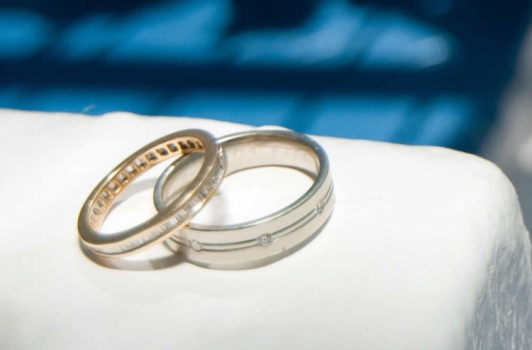
What is required for a successful family law mediation?

Family law disputes are some of the most legally complicated and emotionally fraught cases in our judicial system. These kind of cases are not for the faint of heart and, sooner or later, both parties, their lawyers and perhaps a related professional or two, will end up in a mediation process.
The qualities of a successful mediator are many and often specific to a type of case or specific set of facts. Below are a few of the qualities I have personally found helpful.
The first quality of a successful mediator is preparation. Both parties must have all the data they need regarding assets and debts and other property holdings. I dont care if the parties disagree on the values- that is why they are in mediation- but they each have to have values for all property at issue.
The second rule is rapport. The parties to the dispute must feel comfortable in the presence of the mediator and willing to freely share their thoughts, fears and concerns. Spending a bit of time at the beginning of a mediation to establish a good rapport with both parties can go a long way towards finding resolution.
The mediator must be a good listener. People involved in a family law mediation need to tell their story. This is the one time, and likely the only time, they will get to tell their story to someone that may be able to help them. Quite often I see people noticeably relax once they have finished telling me how they got to a divorce mediation. A relaxed participant is less stressed and better able to make good decisions.
The mediator must be patient. Mediation, and the progress of the case in general, will only proceed as fast as the slowest person. Pushing a party who may not be fully on board with the divorce process will likely bring things to an immediate stop. The key is for the mediator to patient and assist the parties to realize they are making well informed decisions based upon reliable data- and that there is no rush to get it done.
Finally, a mediator needs to be skillful. A good domestic relations mediator needs to be creative and skillfully craft solutions that both parties can live with. This is done by being prepared, carefully listening to the parties' concerns, establishing a good and trusting rapport and having patience as the parties come to see a path to resolution.




